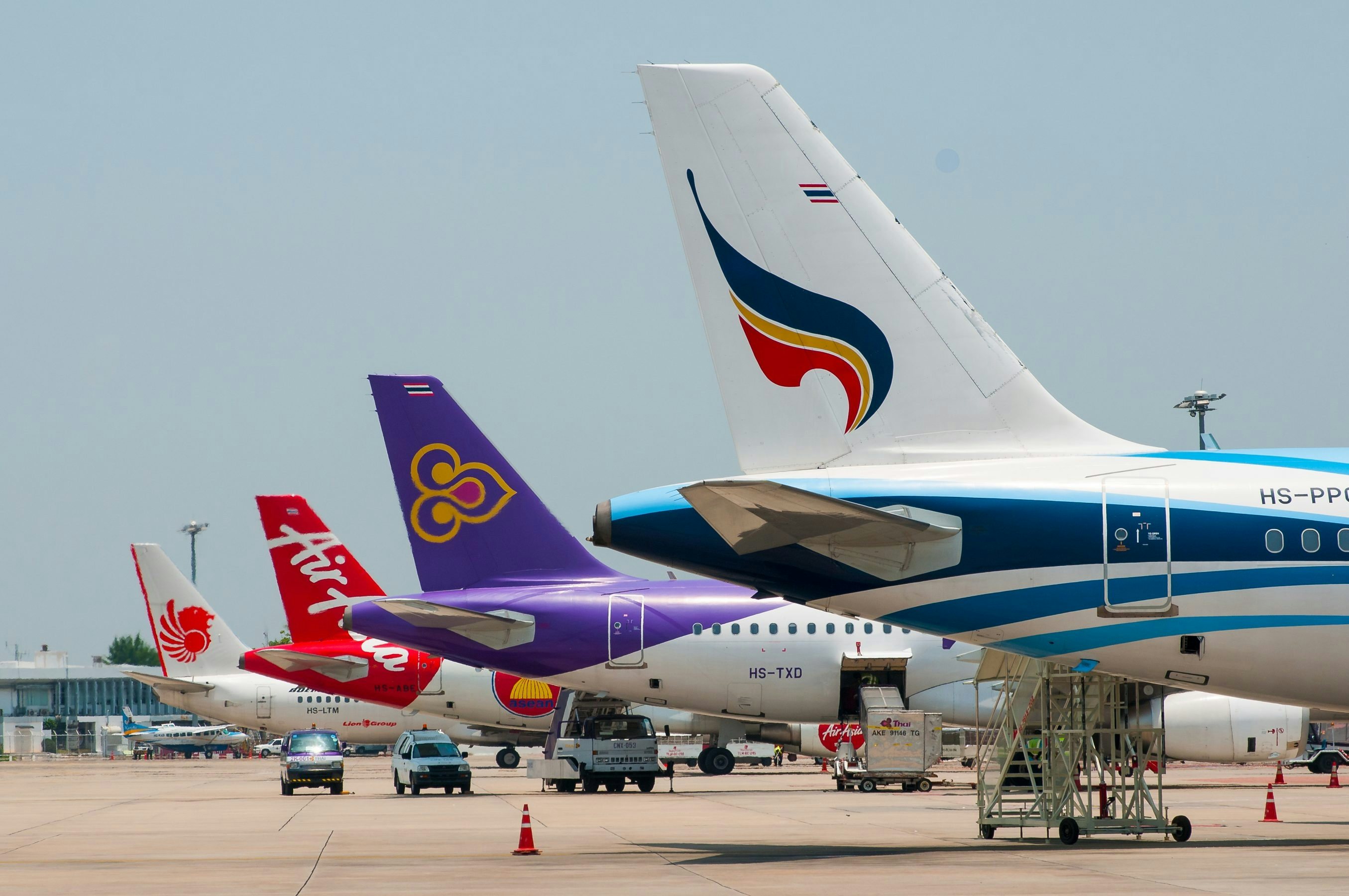Thailand is facing what you may call a “perfect storm” as far as Chinese tourism is concerned in the latter half of 2016—with a crackdown on so-called “zero-dollar” tours, and the Thai king’s unfortunate passing that led to a government-declared 30-day period of mourning.
The effects on Chinese tourism of the two events have mostly been speculated about, but now hard evidence is indicating that Chinese tourism to Thailand has taken a significant hit from the two events. While official statistics are yet to be released, the Bangkok Post is reporting that the number of Chinese tourists visiting Thailand has plunged since the Thai government launched its September crackdown.
The September crackdown targeted OA Transport Co, the biggest bus provider for Chinese tourists in Thailand, and the government seized 2,150 tour buses as well as 4.7 billion Thai Baht (US$132.3 million) in cash from bank accounts held by the company and its affiliates. The company is under investigation for being part of a zero-dollar tour network that sold trips to Thailand at no cost, and instead made profits from forcing travelers to buy souvenirs, food, and tourism services from preselected partners that were part of the network. Travelers on such tours are often prohibited from making purchases at other establishments, instead resulting in most of the profits ending up with Chinese operators rather than with local Thai businesses. Thailand and China have cooperated in their efforts to clamp down on the practice.
While some Thai tourism stakeholders may be happy to see authorities taking on questionable industry practices, the recent crackdown and its effects on Chinese arrival numbers are beginning to take a toll on others. Chula Sukmanop, head of the Civil Aviation Authority of Thailand (CAAT), says that three airlines have been so severely affected by the drop in Chinese tourists that they’re facing financial distress. The three airlines have been requested to submit plans on how they’ll solve their financial problems to avoid having their services suspended entirely. While CAAT declined to name the airlines, they are described as international airlines mainly servicing Chinese cities. Nok Air, a budget carrier that Thai Airways holds a significant stake in, has put its planned expansion to more Chinese cities on hold.
The number of daily Chinese arrivals at Thailand's busiest airport hasn't been this low since the 2014 coup d'état. (Data from Thailand Ministry of Tourism and Sports)
While Thailand’s official projection for Chinese arrivals in September still stands at a 23.69 percent increase from last year, other indicators are pointing in the opposite direction. The general manager of Suvarnabhumi Airport, Thailand’s biggest airport, told reporters that the number of Chinese tourists has dropped from 13,000/day in August to 4,000/day in September—much lower than expected. The Association of Thai Travel Agents (ATTA) reports a drop by more than 50 percent, and some tour agencies claim that 70 percent of Chinese tour groups canceled planned trips in response to the crackdown.
However, there are reasons to believe that the situation is better than many tourism stakeholders make it out to be. The Thai Sports and Tourism Minister, Kobkarn Wattanavrangkul, says that she remains confident that Chinese arrivals will reach 9.2 million in 2016, up from 7.9 million in 2015. The ministry has yet to unveil their official September visitor numbers.
Although Thailand’s strict lèse-majesté laws make it unlikely for stakeholders to point out the king’s passing as a cause for a tourism industry in distress, some Chinese tour operators canceled trips and offered refunds to travelers as a result of the difficult situation in the country that followed the king’s death. ATTA president Charoen Wangananont went as far as to say that the zero-dollar tour crackdown isn’t the only culprit to blame, and also cited “the weak Chinese economy,” as well as the “mourning atmosphere” as reasons for Thailand’s recent struggles in the Chinese tourism market.
It remains to be seen if official statistics back up the serious concerns expressed by Thailand’s many tourism stakeholders, but it’s clear that not everyone is a fan of Thailand’s efforts to stamp out Chinese zero-dollar tours.
